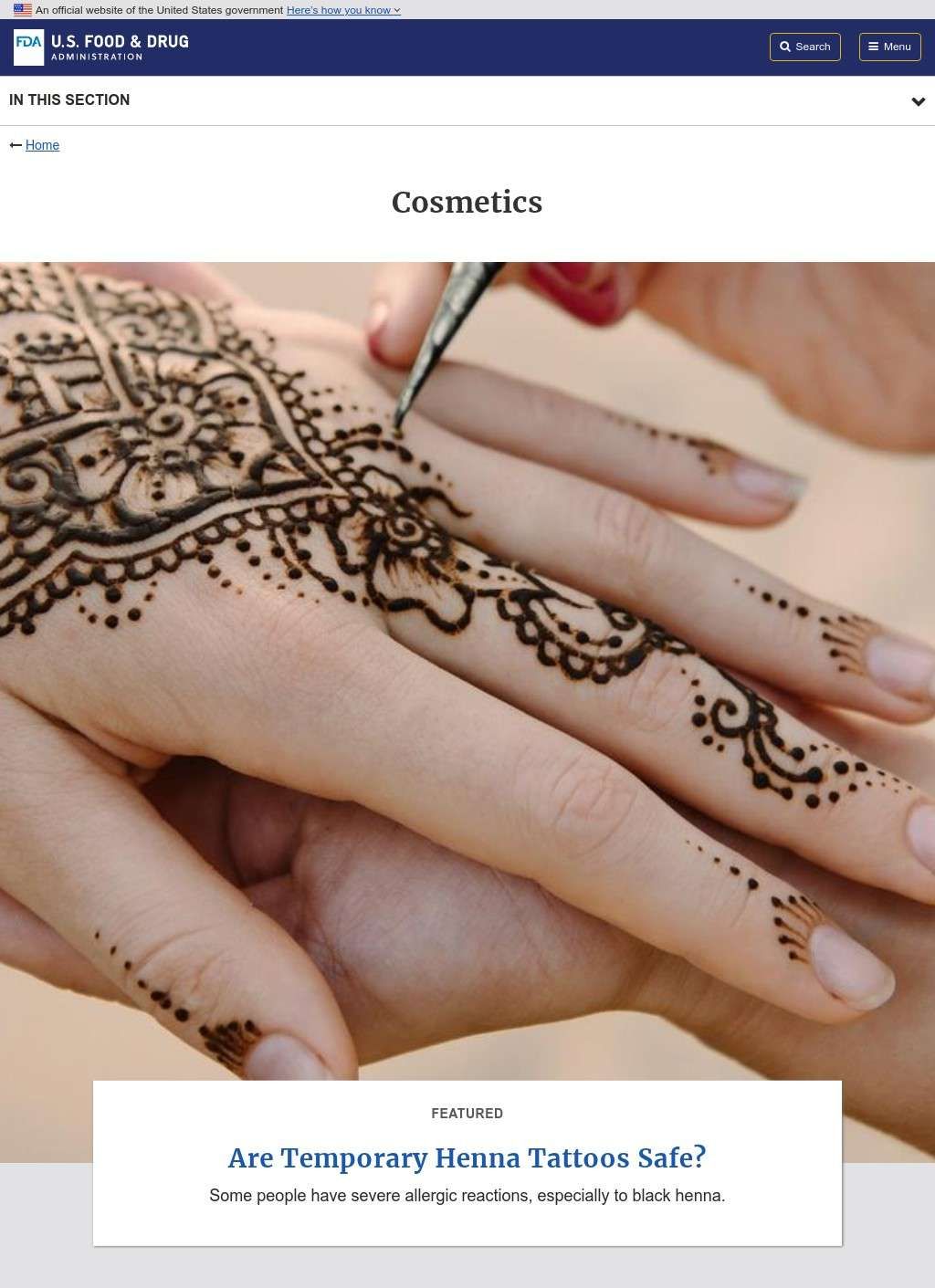The U.S. Food and Drug Administration serves as the primary federal regulatory body overseeing cosmetic products and aesthetic treatments in the United States. This comprehensive resource provides essential information for consumers, healthcare providers, and industry professionals regarding the safety, regulation, and proper use of cosmetic products and aesthetic medical devices. The FDA's cosmetics division maintains a crucial distinction between cosmetic products and drugs, which fundamentally shapes how different aesthetic treatments are regulated and brought to market.
Within the FDA's cosmetics framework, products intended to cleanse, beautify, promote attractiveness, or alter appearance fall under cosmetic regulations, while those claiming to affect the structure or function of the body are classified as drugs or medical devices. This distinction proves particularly important for aesthetic treatments that blur these lines, such as anti-aging products, dermal fillers, and laser devices. The agency provides detailed guidance on ingredient safety, labeling requirements, and manufacturing standards that companies must follow. For aesthetic devices like lasers, microneedling systems, and radiofrequency equipment, the FDA maintains separate clearance processes to ensure their safety and effectiveness before market approval.
The resource offers extensive databases of approved aesthetic devices, including dermal fillers, botulinum toxins, and energy-based systems used in cosmetic dermatology practices. Each approved product listing includes specific indications, safety information, and clinical data that supported its clearance. Healthcare providers can access technical specifications, contraindications, and post-market surveillance data to make informed treatment decisions. The site also features warning letters issued to companies making inappropriate drug claims for cosmetic products, serving as an educational tool for understanding regulatory boundaries.
Consumer protection remains central to the FDA's mission in cosmetics oversight. The website provides accessible information about common cosmetic ingredients, potential allergens, and adverse reaction reporting systems. Patients considering aesthetic treatments can find safety alerts, recall notices, and educational materials about specific procedures. The FDA's MedWatch system allows both consumers and healthcare providers to report adverse events related to cosmetic products and devices, contributing to ongoing safety monitoring. This transparency helps individuals make informed decisions about aesthetic treatments while understanding associated risks.
For industry professionals and manufacturers, the FDA offers comprehensive regulatory guidance documents, compliance resources, and registration requirements. Companies developing new aesthetic devices or cosmetic formulations can access premarket pathways, clinical trial requirements, and quality system regulations. The site details Good Manufacturing Practices (GMPs) for cosmetics, import regulations, and international cooperation agreements. Regular updates on regulatory changes, draft guidances, and public comment opportunities keep stakeholders informed about evolving standards in the aesthetic industry.
The FDA's cosmetics division also addresses emerging technologies and trends in aesthetic medicine. Resources cover nanotechnology in cosmetics, stem cell-based products, and novel delivery systems for active ingredients. Scientific reviews and research initiatives explore the safety of new cosmetic ingredients and treatment modalities. The agency collaborates with academic institutions and international regulatory bodies to advance cosmetic science while maintaining consumer safety standards. Educational webinars, conference presentations, and technical publications provide ongoing professional development opportunities.
Contact information for the FDA's cosmetics division includes multiple channels for inquiries, including dedicated phone lines, email addresses, and physical mailing addresses for formal correspondence. The website features a comprehensive FAQ section addressing common questions about cosmetic regulations, product classifications, and safety requirements. Industry can request meetings with FDA staff for regulatory guidance on specific products or technologies. Consumer complaint coordinators help individuals navigate adverse event reporting and product concerns.
The resource integrates with other FDA centers and offices that oversee related aspects of aesthetic treatments. Links to the Center for Devices and Radiological Health provide additional information on medical devices used in cosmetic procedures. Connections to drug evaluation resources clarify requirements for products containing active pharmaceutical ingredients. This interconnected approach ensures comprehensive oversight of the diverse products and technologies used in modern aesthetic medicine, from traditional cosmetics to advanced medical devices.
